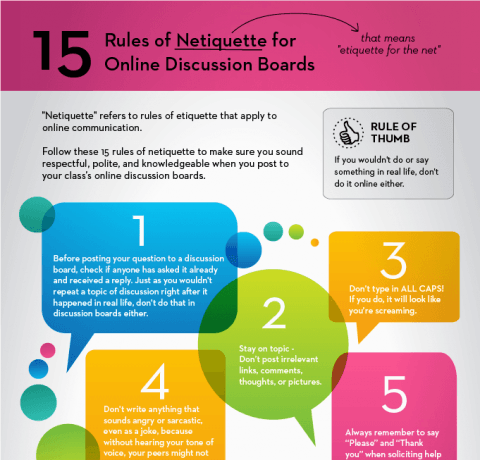- 10 rules of online etiquette
- The rules of etiquette in internet communications and postings are called
10 rules of golf etiquette
We hope you’ve learned a thing or two that will help you get ahead at work. For office furniture that will keep you comfortable in all of your efforts to be your best work self, browse our full range of office chairs and office desks https://activepatience.com/.Contact the friendly experts at if you have any questions or queries about our office furniture.
While your employer may have set rules like a dress code, workplace etiquette is the unwritten rules that help make the office a respectful and productive environment. While these rules aren’t explicitly stated, they are often an unspoken requirement that ensure everyone gets along both online and in person.
In the professional world, success often hinges not only on skills and qualifications but also on the ability to navigate social interactions effectively. Workplace etiquette, therefore, plays a crucial role in creating a positive and productive environment. From communicating respectfully to fostering a culture of inclusivity, adhering to proper etiquette can enhance professional relationships, boost morale, and contribute to overall organizational success.
10 rules of online etiquette
At Rasmussen University, you’ll also have lots of support outside of the classroom too including 24/7 technology support, student advisors, and library services to help you find answers about your classwork, technology access, or curriculum plan.
One way to avoid sharing too much private information online is to ask yourself if you would have a problem with your boss, parents, or kids seeing that post now or at any point in the future. If the answer is yes, don’t post or send it.
The golden rule of netiquette boils down to one basic guideline: Do not do or say online what you would not do or say offline. Before posting a comment, status update, or image, ask yourself if you would feel comfortable sharing the same thing face-to-face. If not, don’t post it.
The same goes for laughing at a text, social media meme, or email when you are in the presence of others. If you don’t want to share what you are laughing about, save it for later so it doesn’t feel like you’re excluding the person you’re with.
Most of us are familiar with spam calls or spam emails from companies we didn’t give permission to contact us. But we can also get spammed by family and friends, such as when they repeatedly contact us asking to take part in their latest business venture.

The rules of etiquette in internet communications and postings are called
What is meant by “flaming” and “flame wars?” “Flaming is what people do when they express a strongly held opinion without holding back any emotion.” (Shea, 1994). As an example, think of the kinds of passionate comments you might read on a sports blog. While “flaming” is not necessarily forbidden in virtual communication, “flame wars,” when two or three people exchange angry posts between one another, must be controlled or the camaraderie of the group could be compromised. Don’t feed the flames; extinguish them by guiding the discussion back to a more productive direction.
It can be a challenge to communicate on the Internet without misunderstandings mainly because input from facial expressions and body language is absent in cyberspace. Therefore, several rules, in an attempt to safeguard against these misunderstandings and to discourage unfriendly behavior, are regularly put in place at many websites, and often enforced by moderation by the website’s users or administrators.
Continue to make real people a priority while in public places such as restaurants, public transit, stores, elevators, and libraries. You can do this by not having phone conversations when in these shared spaces, as well as by silencing your audible notifications.
Last but not least, the most important rule for children’s use of the internet: Trust your child. After all, you cannot permanently look over their shoulder, whether your child is learning via computer, smartphone or tablet. Your child learns best through their own experiences. Trust in your offspring’s abilities, and refrain from constantly monitoring their internet activities. It is usually enough to know that your child can ask you for help if the worst happens.

